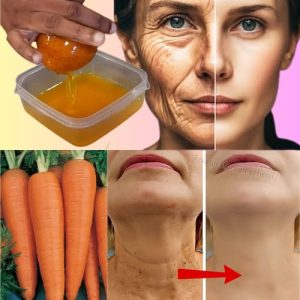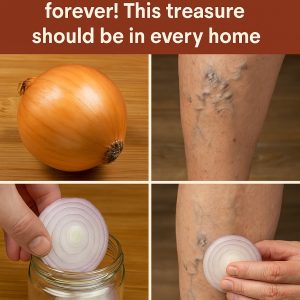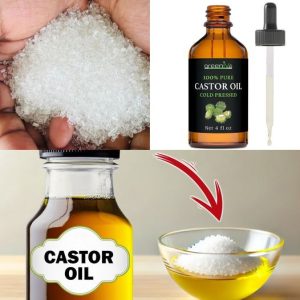Garlic: A Natural Ally for Oral Health
Garlic isn’t just a kitchen staple—it’s a powerful tool for enhancing dental health. Thanks to its strong antibacterial properties, garlic has been used in traditional remedies for centuries. The compound allicin, released when garlic is crushed, combats harmful bacteria in the mouth, reducing the risk of tartar buildup and gum disease. Incorporating garlic into your oral care routine may not only promote cleaner teeth but also contribute to a brighter, healthier smile.
Using Garlic for Tartar Removal and Whitening
To harness the benefits of garlic, crush a fresh clove into a paste and apply it to your gums and teeth. Let it sit for one to two minutes before rinsing thoroughly with water. Mixing the paste with a pinch of salt can enhance its antibacterial effects and add a gentle scrubbing action to help remove tartar. For a milder approach, prepare a garlic mouthwash by soaking minced garlic in warm water for a few minutes, then use the infused liquid to rinse your mouth.
Precautions When Using Garlic for Oral Care
While garlic is effective, it can cause irritation for those with sensitive gums or teeth. Test a small amount before regular use and consult your dentist if unsure. Additionally, garlic’s pungent odor may linger after treatment. Combat this by chewing fresh parsley, mint leaves, or rinsing with a diluted apple cider vinegar solution. Remember, garlic is a supplement to, not a replacement for, professional dental care, particularly for tartar that has already hardened.
Enhancing Your Oral Hygiene Routine
Garlic offers a natural, quick way to manage oral bacteria and whiten teeth. However, it works best as part of a comprehensive dental care routine that includes regular brushing, flossing, and professional cleanings. While home remedies like garlic can provide benefits, they cannot replace expert advice and treatments. For lasting results and optimal oral health, consult your dentist and use garlic wisely as a complementary solution.





